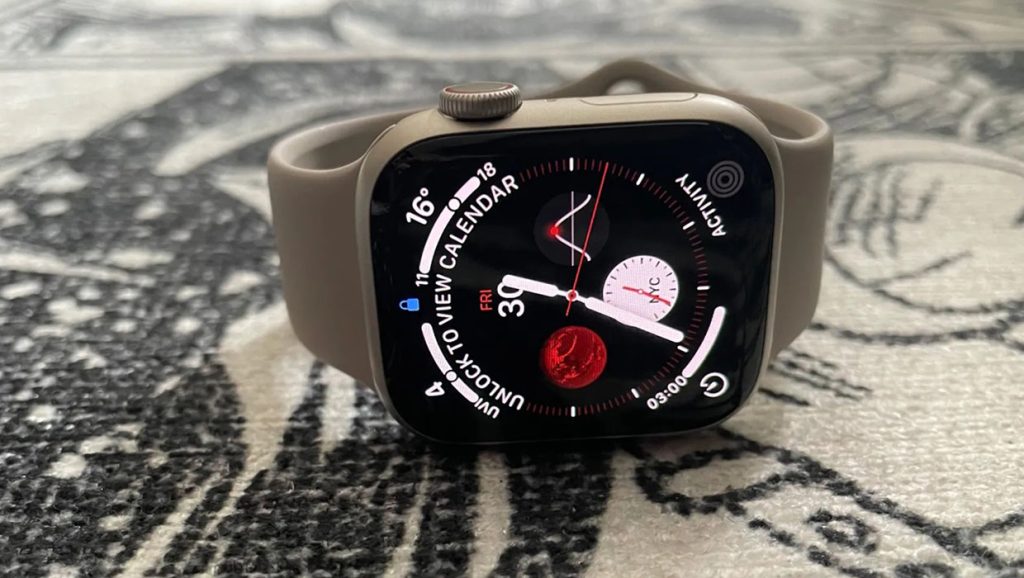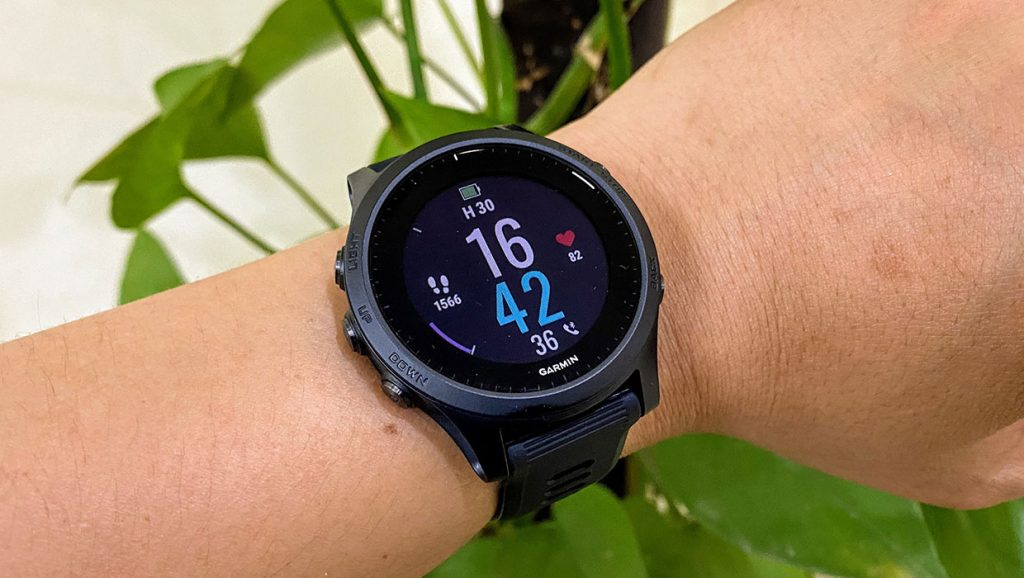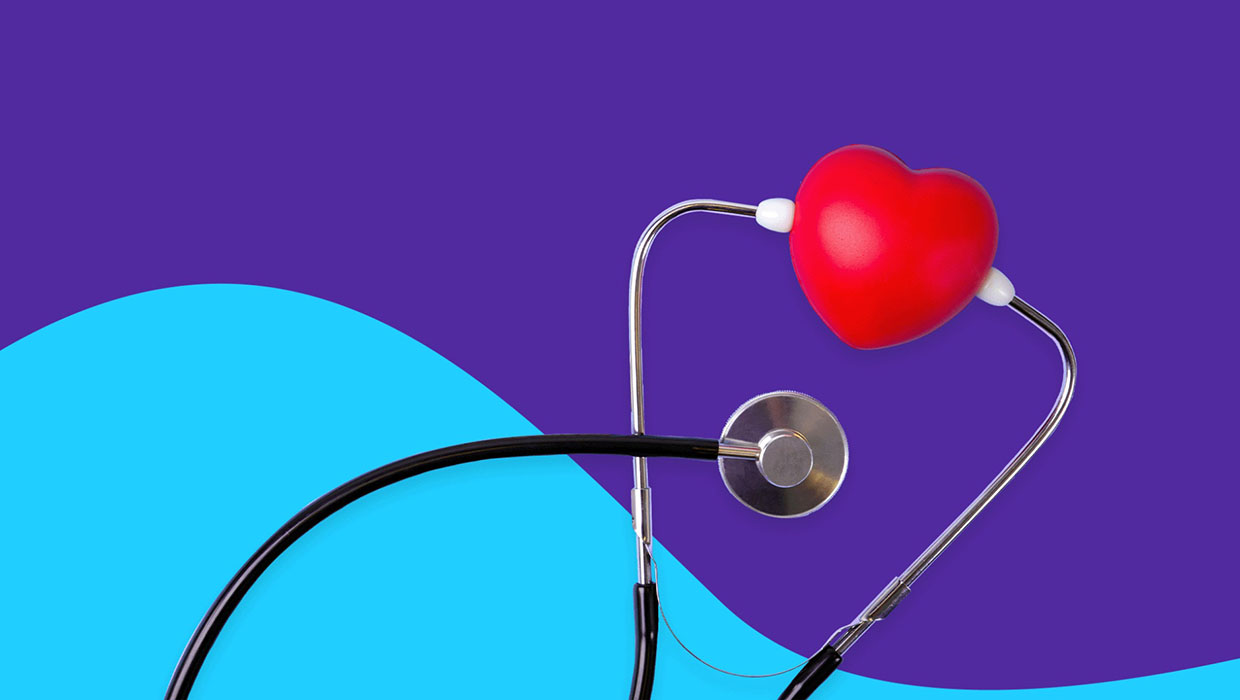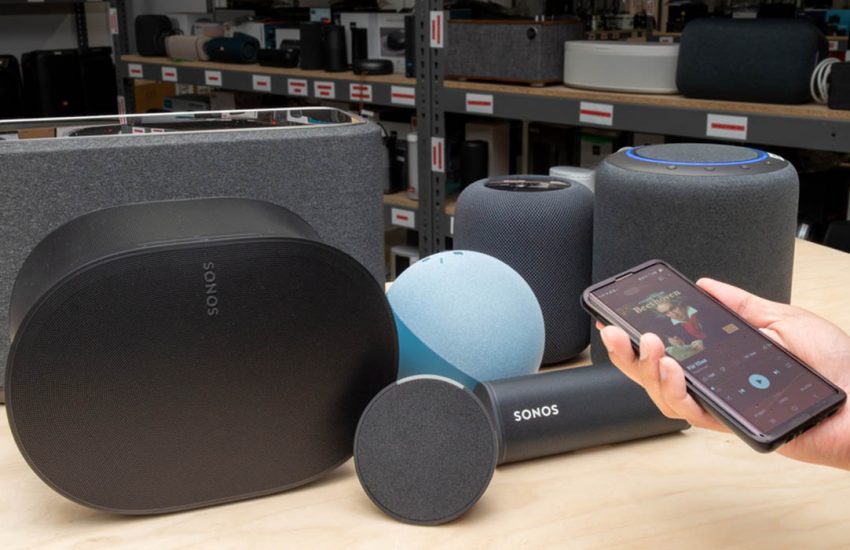Why Everyone Should Monitor Their Heart Rate
Heart rate monitoring is becoming increasingly significant in health management, particularly as we pay more attention to our physical well-being in today’s fast-paced world. Heart rate is not just a simple physiological metric; it can provide crucial insights into our health status. Whether during daily activities or intense exercise, heart rate reflects our body’s condition and overall health. We will explore what constitutes a normal heart rate, why heart rate monitoring is important for everyone, and how to monitor heart rate effectively. We will also recommend two top heart rate monitoring watches.
Gazelle.com – Buy Smart. Sell Easy.
Trade in your old phone, tablet, or laptop at Gazelle.com and get instant cash offers.
Or shop certified pre-owned devices that look and work like new — all fully tested and guaranteed.
Simple. Secure. Sustainable.
1. What is a Normal Heart Rate?
Heart rate refers to the number of times the heart beats per minute. The normal range for heart rate varies depending on age, fitness level, and other factors, but typically, for adults at rest, a normal heart rate ranges from 60 to 100 beats per minute.
- Resting Heart Rate
For healthy adults, a resting heart rate usually falls between 60 and 100 beats per minute. A lower resting heart rate generally indicates better cardiovascular fitness. Athletes or individuals who exercise regularly may have a resting heart rate below 60 beats per minute due to their more efficient heart function. - Exercise Heart Rate
During moderate exercise, heart rate naturally increases. The target heart rate zone for moderate-intensity exercise is typically 50% to 70% of the maximum heart rate. To estimate your maximum heart rate, subtract your age from 220. For example, a 30-year-old’s maximum heart rate is approximately 190 beats per minute, so the target heart rate zone for moderate exercise would be between 95 and 133 beats per minute. - Abnormal Heart Rates
Persistently high heart rates (tachycardia) or low heart rates (bradycardia) can indicate health issues. Tachycardia can be caused by fever, dehydration, heart disease, or excessive exercise, while bradycardia may result from heart conduction problems or certain medications.
2. Why is Monitoring Heart Rate Important?
Monitoring heart rate is crucial for various reasons beyond simply knowing the speed of your heartbeat. Here’s why heart rate monitoring is essential:
- Real-Time Feedback on Health
Monitoring heart rate provides real-time feedback about your body’s condition. Changes in heart rate can reveal how your body responds to different activities, such as exercise or rest. By analyzing heart rate data, you can gain a better understanding of your health status. - Preventing Cardiovascular Diseases
Regular heart rate monitoring helps detect potential cardiovascular issues early. Abnormal heart rates may indicate underlying problems such as heart disease or arrhythmias. Early detection through heart rate monitoring allows for timely intervention and treatment. - Enhancing Exercise Effectiveness
During exercise, monitoring heart rate helps maintain an appropriate intensity level, improving workout effectiveness and avoiding overtraining. Understanding your target heart rate zone allows for optimal exercise intensity, leading to better fitness outcomes and a safer exercise experience. - Managing Stress and Emotions
Heart rate is closely linked to emotional state and stress levels. When stressed or anxious, heart rate typically increases. By monitoring heart rate, you can manage stress and emotions more effectively, taking appropriate relaxation and adjustment measures to improve overall well-being. - Tracking Health Changes
Regular heart rate monitoring allows you to track changes in health over time. Comparing heart rate data from different periods helps identify health trends and fluctuations. This is valuable for assessing the effectiveness of health management plans and adjusting lifestyle habits.
3. Methods of Heart Rate Monitoring

Heart rate monitoring can be done through various methods, ranging from simple manual measurements to advanced technological devices. Each method has its advantages and limitations. Here are some common methods:
- Manual Measurement
Manual heart rate measurement is a traditional method. You can measure your pulse by feeling pulse points on the wrist or neck. By gently pressing the pulse point, count the beats for 15 seconds and multiply by four to get the beats per minute. While simple, this method lacks accuracy and convenience, especially for real-time monitoring. - Heart Rate Monitors
Heart rate monitors are designed specifically for real-time heart rate tracking. These devices often include chest straps or wristbands equipped with sensors to capture heartbeat signals and display real-time data. Heart rate monitors provide more accurate data, making them suitable for exercise monitoring and health tracking. - Smartwatches and Fitness Trackers
Modern smartwatches and fitness trackers come with heart rate monitoring capabilities. These devices use optical sensors to measure changes in blood flow and calculate heart rate. In addition to monitoring heart rate, smartwatches and fitness trackers often provide other health data, such as steps taken and sleep quality.
4. Final Thoughts
Heart rate monitoring plays a crucial role in modern health management. From understanding your health status to improving exercise effectiveness, heart rate data provides valuable insights. Timely and accurate heart rate information helps make better health decisions and enhances overall well-being. With advanced technology, monitoring heart rate has become more convenient, allowing for real-time tracking of physical changes and health trends.
Recommended Heart Rate Monitoring Watches

- Apple Watch Series 8 The Apple Watch Series 8 is a high-performance smartwatch with advanced heart rate monitoring technology. It features an optical heart rate sensor that provides accurate real-time heart rate data and trend analysis. Additionally, the Apple Watch Series 8 includes an ECG (electrocardiogram) feature for further heart health analysis and arrhythmia detection. Its comprehensive health monitoring functions and wide range of applications make it an ideal choice for health management.
- Garmin Forerunner 945 The Garmin Forerunner 945 is a premium smartwatch designed for athletes, offering comprehensive heart rate monitoring capabilities. It uses optical sensors for precise heart rate tracking and supports VO2 Max testing and heart rate variability analysis. The Forerunner 945 also features multiple sports modes and detailed health tracking functions, making it suitable for users engaged in high-intensity training and performance monitoring.
By choosing the right heart rate monitoring device, you can better understand your health status and optimize your lifestyle and exercise routines. Both the Apple Watch Series 8 and the Garmin Forerunner 945 provide accurate heart rate data, helping you achieve your health and fitness goals.


